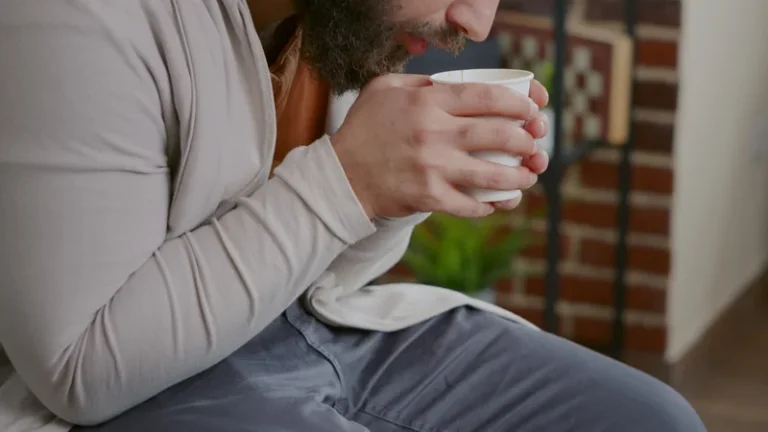02 јун Frequently Asked Questions About Sober Living Homes

Meeting these criteria helps individuals transition from treatment to independent living while maintaining their sobriety. A halfway house, also known as a “sober living house”in some states, is a transitional living facility for those in recovery from drugs or alcohol. Overall, both sober living homes and halfway houses can provide a supportive and safe environment for individuals in recovery to build a foundation for a healthy and fulfilling life in sobriety. The decision of which type of residential environment is best will depend on your specific needs and circumstances, as well as the level of sober house near me support and structure you need to maintain your sobriety.
Sober Living Homes: A Flexible, Supportive Environment
That’s what the transition from substance abuse rehab to regular life can sometimes feel like. A sober living facility serves as that essential gear, aiding individuals in acclimating to normal life without the immediate risk of relapse. They offer a community of peers who understand the journey, a structured environment to keep residents grounded, and professional support to address any https://ecosoberhouse.com/ hiccups along the way. Longer stays often correlate with more favorable recovery outcomes, such as reduced relapse rates and improved personal stability.

What Is the Difference Between Inpatient Rehab and Sober Living?
- Residents are often expected to engage in daily tasks such as seeking employment, attending educational programs, preparing meals, or handling chores.
- Use of this site constitutes acceptance of TransitionalHousing.com‘s terms of service and privacy policy.
- Additionally, length of stay can depend on one’s progress and compliance in this type of environment.
- Rehab can last for 30 days to several months, depending on the severity of addiction.
- The duration of stay in sober living homes varies, extending beyond the limited time frame of inpatient rehab.
It’s important for individuals to consult with their recovery counselors, families, and support networks to make informed decisions that align with their recovery goals and circumstances. Sober living in California has become an increasingly popular option for individuals in recovery from addiction. A daily routine is very important for the success of sober living homes. A usual day might involve going to house meetings, doing chores, attending work or school, taking part in recovery programs, and having time for personal growth. This helps residents develop important life skills, manage their time, and become more independent. They can do this while getting support from peers and house managers.
- However, for most sober living houses, there is no set length of time in which you are allowed to stay.
- You must be making progress in order to get to the next phase; there are no time constraints.
- Flexible length of stay, based on individual needs and progress in recovery.
- Typically have a fixed length of stay,determined by legal or program requirements.
Recovery Programs
Turnbridge operates on a phased approach, in which residents work through recovery at their own pace. You must be making progress in order to get to the next phase; there are no time constraints. It mostly depends on the individual, their needs, and whether or not staying at the facility is continuing to help them. If you or a loved one are grappling with addiction and looking for a treatment program or sober home, get in touch with No Matter What Recovery. The longer you stay, the more you’re immersed in a nurturing environment.
In this post, we’ll cover some of the most common questions people have about sober living homes, providing you with the answers you need to feel confident in taking the next step. When considering a sober living home as part of your recovery journey, it’s natural to have questions. Whether you’re curious about the daily heroin addiction routines, the support you’ll receive, or what to expect from your stay, understanding the basics can help you make an informed decision. Mandated for individuals exiting prison or court-ordered treatment programs.




No Comments